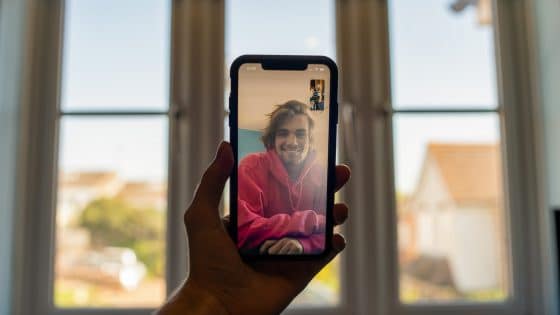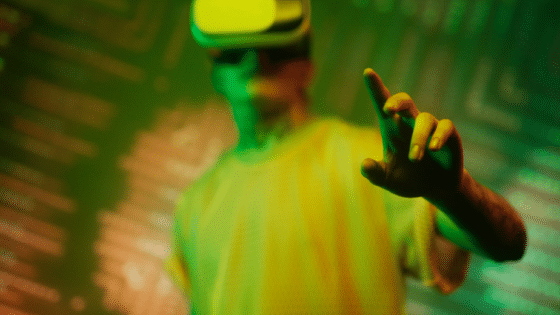Co-Author, HY Au
The Internet of Things (IoT) is connecting more devices every day, and it is expected that by 2025 we will be living in a world with 64 billion connected IoT devices. We can expect that as IoT continues to grow, it will change the way we live and have a major impact on our day-to-day lives across all aspects of living. In this article, we will briefly explore the features of IoT, the issue of data protection & privacy, and the application of IoT in Hong Kong.
So, what is IoT? IoT are computer-based portable devices that are connected to the internet and designed to enhance the interoperability of the user’s day-to-day living conditions and are designed to be user-friendly with the complexities of the computing power hidden from the users. These devices have become increasingly common amongst our daily lives as the idea of smart home or home automation becomes a reality through the transitions of traditional household electronics and appliances from their historical counterparts into the IoT phase of their respective evolutionary path.
For instance, common IoT devices found in homes include home surveillance systems, TV and washing machines. These devices typically come with programmes built into the product which enhance their capabilities. For example, rather than manually tuning washing time, cycle speeds and water temperature, users can simply dial for a pre-set mode which can automatically figure out the best wash settings based on the laundry load.
Another example is that of the home surveillance system, where remote access or even control of the security cameras to send live footage to the user through a mobile application becomes possible. It is also quite common for the surveillance systems to send alerts to the user if they detect motion in the field of vision.
Concerns with privacy violations. Given that access and control of IoT devices through the internet has become more and more common and market adaptable, the possibility that your home devices can be exploited by hackers to monitor and track your movements at home becomes more real and possible. Even more so, is the fact that your lifestyle, and even your most private conversations can be monitored and recorded through your smart home devices, and just imagine the possibility for corporations to leverage the data for their business consumption, such as marketing and pricing of products.
However, the most devastating problem of it all is that these devices were never developed with safety or security of data at the core of their designs. IoT devices are designed to have the bare minimum computational power that is needed for their tasks and, by its nature, they typically lack such power that is needed to run cybersecurity software. When considering the volume of data that is being transmitted by these devices via the internet, there is an increasing concern across the globe regarding the newly created gap in data protection and personal privacy exposed by IoT.
A proactive approach in Hong Kong. In Hong Kong, the HKSAR Government announced plans to carry out pilot studies of developing a Smart City with IoT and fifth generation (5G) mobile networks as early as 2015. According to the Hong Kong Smart City Blueprint, 5G mobile networks would be the key foundation for its smart city development by facilitating ultra-high speed, ultra-reliable and low latency communications, and by provisioning network capacities for large scale device-to-device communication that would enable scalable implementation of IoT across the society.
While Hong Kong is paving its way for mass implementation of IoT applications, there appears to be an oversight or a lack of consideration given to the potential data risk impacts of widespread IoT adaptation. To increase the safety of these devices, there needs to be major changes to how the industry and technology is being regulated by the government. The technology at this stage is often seen as vulnerable to hacking, as they open channels for unwanted surveillance. Lawmakers in Hong Kong should start thinking about how the IoT industry should be regulated, such as, regulating through a highly enforceable robust framework or a government backed licensing regime.
Could the answer for a future of safe IoT-enabled Smart City be safeguarded through a comprehensive licensing regime? Or could it be done through a more product-centric liability proof scheme? These are some of the ‘tip of the iceberg’ issues that stakeholders should start thinking of.



















